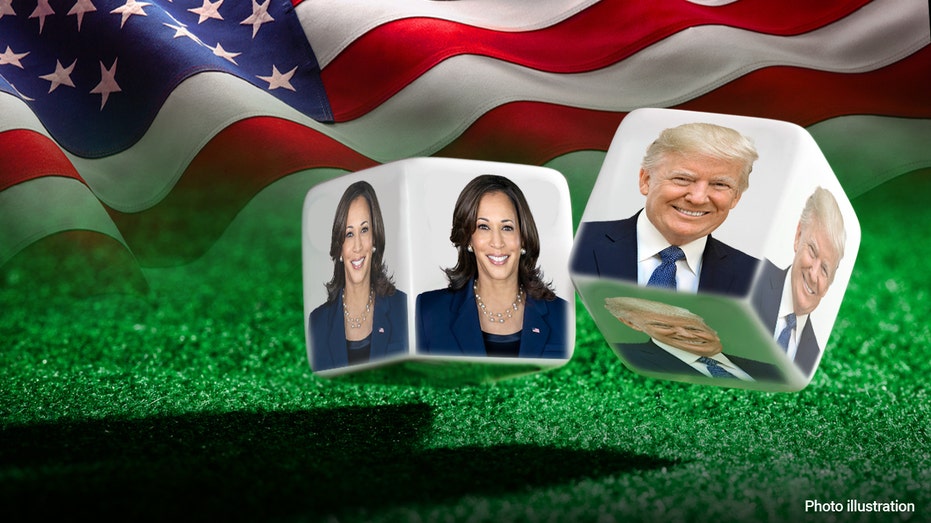In the intricate world of politics and elections, betting odds have emerged as a significant element for predicting outcomes. Generally utilized in the financial and sports sectors, betting odds are now seen as a unique tool to gauge political race trends. As of the latest developments, former President Donald Trump has surfaced as a frontrunner in the betting markets. This has sparked wide interest and discussion about the dynamics at play.
Election betting odds are essentially statistical representations that predict the likelihood of various outcomes in political races. These odds are influenced by multiple factors, including current polling data, media narratives, public perception, and major political events. They are formulated by bookmakers who analyze extensive data and trends to project which candidate might have a higher chance of winning an election.
Currently, Donald Trump is regarded as a favorite in the betting odds for the upcoming U.S. presidential elections. A variety of reasons contribute to this scenario. One primary factor is Trump’s enduring influence and popularity within the Republican Party. Despite facing numerous legal challenges and controversies, his base within the party remains largely intact. His ability to galvanize supporters and maintain a robust political following significantly impacts his positioning within the odds.
Moreover, recent polling data and his visibility in the media spotlight continue to augment his standing. Trump’s recurrent public appearances and statements keep him in the news cycle, which, in turn, keeps conversations about his candidacy alive. While actual polls measure potential voter support, betting odds reflect both public sentiment and professional assessments by analysts who monitor political climates closely.
Another crucial aspect is the historical data and past performance of election outcomes. Experts often study trends from previous elections to fine-tune their predictions. Trump’s 2016 electoral victory, despite losing the popular vote, is often cited as an example of how unconventional campaigns can break expected trends, thereby affecting current and future betting odds.
It’s important to note that while betting odds provide an indication of potential electoral outcomes, they are not always accurate. They can change rapidly as new data becomes available and as the political landscape shifts. Factors such as economic conditions, key legislative developments, public opinion changes, and emerging candidates can all influence these odds.
In conclusion, as Donald Trump continues to be a major player on the political scene, his position as a leading figure in election betting odds remains a point of intrigue and debate. For those following the predictive aspects of elections, these odds represent a fascinating intersection of politics and probability, offering insights into the possible future directions of political contests in the United States.
































